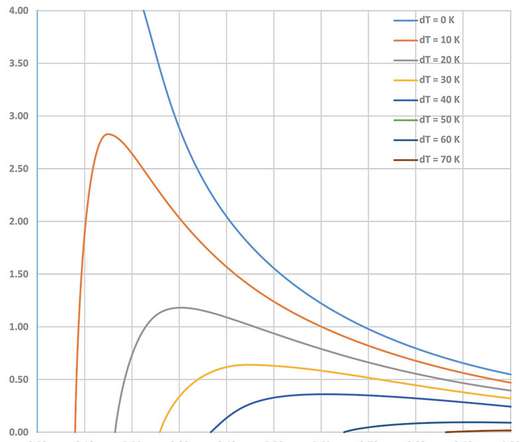DOE awards $97M to 33 bioenergy research and development projects
Green Car Congress
AUGUST 1, 2020
These projects will improve the performance and lower the cost and risk of technologies that can be used to produce biofuels, biopower, and bioproducts from biomass and waste resources. University of Alabama. University of North Dakota. Scale-up and Qualification of Net-Zero Sustainable Aviation Fuels from Wet Waste.

















Let's personalize your content